Meton of Athens: The Astronomer Who Shaped Ancient Greek Science
Introduction to Meton of Athens
Meton of Athens, a figure who lived during the 5th century BC, is often remembered not only for his contributions to astronomy but also for his pivotal role in the development of the calendar. As an ancient Greek astronomer, Meton's work laid foundational stones that would inform scientific and cultural perspectives for centuries. His achievements underscore the vital link between celestial observations and human life, reflecting the rich intellectual tradition of ancient Greece. Although few details about his personal life survive, Meton's work has solidified his place among the great thinkers of the classical world.
The Context of Meton's Work
During Meton's lifetime, Athens was a bustling hub of innovation and intellectual exploration. Known as the golden age of Pericles, this era witnessed monumental achievements in philosophy, drama, politics, and science. Meton was an active participant in this vibrant intellectual community. The advancement of astronomy was particularly critical, as it was intertwined with the religious festivals, agriculture, and navigation upon which Athenian society depended.
In this context, Meton's interest in celestial phenomena was far more than a mere academic pursuit. The need for accurate calendars to guide agricultural and religious activities placed high importance on understanding lunar and solar cycles. Observing the heavens was a gateway to aligning human activities with the cosmic order, and Meton's work aimed to bring precision to these cosmic observations.
The Metonic Cycle: A Pioneering Discovery
Meton's most notable contribution to science is the Metonic cycle. This cycle, which spans 19 years, demonstrates how nearly every 19 years, the lunar month aligns with the solar year. This understanding was crucial for devising a more accurate calendar. By observing that 235 lunar months very closely equaled 19 solar years, Meton provided a practical framework that enabled the synchronization of lunar and solar calendars, which then were often at odds.
The implications of the Metonic cycle were monumental. It allowed for more precise planning of agricultural activities by predicting the phases of the moon. This understanding was also crucial for setting religious festivals, many of which depended on the lunar calendar. The cycle's precise calculations demonstrated a profound understanding of the complex celestial mechanics at play, evidencing the rigorous methodologies employed by Meton and his contemporaries.
Beyond Astronomy: Meton's Diverse Interests
While Meton's legacy is predominantly tied to his astronomical work, historical records suggest his interests were diverse. Ancient sources often reference his engagement with mathematics and its applications in architectural design. He was reportedly involved in the construction of the Tholos, a rotunda within the Athenian Agora. This further reflects his deep understanding of geometry and engineering, disciplines that were inseparable from astronomical research in ancient Greece.
Meton's work also influenced political life in Athens, where the integration of these sciences into civic infrastructure granted him considerable influence. By aligning architectural ventures with astronomical phenomena, he contributed to the societal fabric of Athens, ensuring his innovations were cemented into the daily and civic life of its citizens.
A Lasting Legacy in Science
Meton's influence extends beyond his contemporaries, impacting subsequent generations of astronomers and mathematicians. His work, though primarily focused on harmonizing the lunar and solar calendars, laid the groundwork for future scientific inquiry. The Metonic cycle was later adopted and refined by other cultures, including the Babylonians and the Hebrews, highlighting its mathematical robustness and broad applicability.
Furthermore, Meton's pioneering findings would go on to influence astronomical systems of the Hellenistic period. Notably, his work provided a foundation upon which later astronomers like Hipparchus and Ptolemy would build. These figures expanded upon Meton's cycles, integrating more complex mathematical models and observations to develop an even deeper understanding of celestial dynamics.
Meton of Athens exemplifies the profound interrelatedness of diverse scientific disciplines in ancient Greece. His lifetime's work underscored the importance of synchronized calendars, proving indispensable not only to Athenians but to cultures worldwide. As modern technology continues to depend on astronomical cycles, Meton's insights remain relevant, reminding us of the enduring legacy of ancient innovators.
The Impact of the Metonic Cycle on Ancient Calendars
Meton's groundbreaking discovery of the Metonic cycle had an enormous impact on the refinement and creation of calendars in the ancient world. His cycle, relying on the alignment of lunar months with solar years over a 19-year span, became fundamental in correcting inaccuracies in earlier calendar systems. At a time when societies were evolving from seasons-based calendars to ones influenced by astronomy, Meton's work bridged the gap between empirical observation and practical application.
The Athenians, known for their dedication to aligning public life with cosmic phenomena, integrated the Metonic cycle into their civil calendar. Every 19 years, adjustments were made to coincide lunar months with the solar year, incorporating "intercalary months" to keep these calendars synchronized. This approach showed innovative thinking, allowing the Athenian polis to maintain their schedules for agricultural, administrative, and religious events. Such synchronization helped them avoid the pitfalls of earlier systems that grew out of sync with the seasons, leading to confusion and inefficiency.
This Hellenic innovation spread, influencing neighboring civilizations and regions within the Greek world. The Metonic cycle moved beyond Athens' borders as astronomers and mathematicians sought its stabilization for local calendars. Meton became a figure of study and admiration in academics of the time, and his work offered a blueprint for achieving balance within the broader cosmic order.
Adaptation of the Metonic Cycle in Other Cultures
As knowledge exchanged hands in the ancient world, the principles of the Metonic cycle resonated with a variety of cultures seeking celestial guidance. The Babylonians, who had an extensive tradition of astronomical records and observations, found the cycle beneficial for their advanced calendrical revisions. By incorporating Meton’s findings, they further honed their methods of predicting lunar phases and years, leading to a more consistent system over time. This cross-cultural acknowledgment represented a union of empirical study and the diversification of astronomical techniques.
In parallel, the Hebrew calendar also integrated the principles of the Metonic cycle. Specifically, the Jewish priests adopted the cycle to determine religious observances, like Passover. This unification of calendar systems provided a mechanism to coordinate lunar synodic months with solar realities, ensuring that religious activities were seasonally appropriate. Such integration underscored the importance of precise celestial understanding in maintaining societal cohesion and honoring sacred traditions.
These adaptations of Meton's cycle illustrate an ancient network of scientific communication and innovation, where cultural and intellectual borrowing led to refined methodologies and shared advancements. The spread of Meton’s cycle across different civilizations is a testament to the ingenuity and universality of his work, further deepening its historical significance.
Challenges and Limitations of Meton's Work
Despite its groundbreaking nature, the Metonic cycle was not without its critics or limitations. Some evidence suggests that subsequent astronomers, while largely building upon Meton's framework, sought to address discrepancies that arose from his intricate calculations. The cycle, based on empirical observations, was not perfectly accurate; solar years and lunar months do not precisely overlay, necessitating small adjustments to calendar systems even when using the Metonic cycle. These tiny misalignments called for continuous refinement and fine-tuning to enhance synchronization over long periods.
Moreover, changes in global perspective occasionally led to the questioning of Meton's work. As Greek influence waned and Roman authority rose, some aspects of Greek astronomical efforts were overlooked or even disregarded altogether. This is not to say that Meton's work was dismissed but rather that it found itself sharing space with competing and emerging astronomical theories of the day.
However, these challenges did not diminish the fundamental contributions Meton made. Instead, they spurred further study and innovation, driving astronomers to improve upon the methodologies of their predecessors. This pragmatic approach to problem-solving became a cornerstone of scientific advancement in the ancient world, showcasing the dynamic and evolving nature of astronomical investigations.
Meton’s Enduring Influence in Modern Science
The legacy of Meton of Athens transcends antiquity, as his insights continue to inform aspects of modern astronomical study. While contemporary methods have advanced significantly beyond ancient practices, the systemization and theoretical underpinnings offered by the Metonic cycle remain foundational. Modern calendar systems, while based on more precise measurements and calculations thanks to technological advancements, owe a debt to the investigative spirit Meton exemplified.
Moreover, Meton's influence is evident in the framework of metrology, where his approach to understanding natural cycles has parallels in the development of scientific units and standards we rely on today. By taking inspiration from earlier models and adding new knowledge, Meton's legacy lives on in the continuous pursuit of precision in the sciences.
Modern researchers and enthusiasts alike recognize the brilliance of ancient Greek thinkers such as Meton, whose work underscores the informing power of timeless astronomical inquiry. By tracing the paths they charted in the skies, we are reminded of humanity's unending quest to understand our environment and our place within the cosmos. Meton of Athens, through his groundbreaking work, remains an inspiring figure in this ongoing journey—a testament to the vast potential of scientific curiosity, observation, and collaboration.
Rediscovery of Meton's Contributions in Later Centuries
As centuries passed, Meton's contributions to astronomy were occasionally overshadowed by the rapid advancements and the evolving paradigms that emerged during the Roman Empire and the early Middle Ages. However, the eventual rediscovery and appreciation of his work came about during the Renaissance—a period characterized by a revived interest in the knowledge of ancient Greek and Roman scholars. The Renaissance scholars, ever keen on bridging the past with the present, turned to Meton's work, seeing therein a synthesis of mathematical precision and cosmic insight that could still inform contemporary exploration.
Through translations and the dissemination of ancient texts, Meton's legacy was reignited among European scholars who were laying the groundwork for modern astronomy. Libraries across the continent, particularly in Italy and Spain, housed crucial manuscripts that introduced Meton's findings to a new audience. These texts provided insights not only into calendar synchronization but also into the broader systematics of nature as the gateway to understanding celestial phenomena.
This acceptance and subsequent integration of Greek astronomical knowledge enabled figures like Nicolaus Copernicus and Johannes Kepler to develop their own groundbreaking models. The learned precision that Meton and other ancients pursued played an indispensable role in shaping the scientific revolution. Thus, Meton's legacy found its way into the tapestry of modern astronomy, lending its historical gravitas to the burgeoning inquiries of the time.
Meton’s Methodologies as a Prelude to Modern Science
Meton’s scientific approach highlights a critical aspect of ancient inquiry: observation-based methodologies. The Metonic cycle, derived fundamentally from empirical observations of the lunar phases and solar years, illustrates the value placed on rigorous, systematic study in the classical world. This tradition emphasizes data collection and pattern recognition, which serve as cornerstones for modern scientific pursuits.
The detailed recording of observations undertaken by Meton laid groundwork that aligns with methods employed in contemporary science. By valuing replicable data and continuing observation, modern science continues to reflect the practices initiated centuries ago. This foundational continuity illustrates the evolutionary nature of scientific inquiry, as each epoch builds upon the knowledge foundations laid down by its predecessors.
Additionally, Meton’s influence can be felt in the educational approach to teaching scientific principles. Students today, much like those in his age, are taught the significance of empirical evidence, the necessity of precise recordings, and the benefits of robust theory formulation—tenets that Meton exemplified in his endeavours. Thus, Meton’s methodologies remain not only relevant but actively present in the current scientific atmosphere.
The Philosophical Impact of Meton’s Work
Though predominantly a scientific figure, Meton’s work also held philosophical implications that resonated within and beyond Greek philosophy. His cycle illuminated the interconnectedness of celestial and human realms, positing a universe ordered and understandable through reason and observation—a core tenet of the philosophy espoused by thinkers such as Plato and Aristotle.
The synchronization of the solar and lunar calendars through the Metonic cycle suggested an orderly cosmos, where predictability and logic could decipher celestial movements. This concept aligned well with philosophical discourses on causality and order, providing a tangible link between metaphysical ideals and tangible scientific inquiry.
In a broader sense, Meton’s dedication to discerning patterns contributed to the philosophical underpinnings of natural law, which have influenced intellectual thought throughout history. By showcasing the universe as a lawful, rational entity, Meton contributed to conceptions of natural order that would underpin philosophical explorations long after his time.
Conclusion: Meton of Athens’ Enduring Legacy
Meton of Athens, a pioneer of his time, unfurled a vision of astronomy that would transcend his own epoch. His meticulous study of celestial cycles through the Metonic cycle remains a landmark in intellectual history, an emblem of the inseparable nature of observation and hypothesis. Meton’s efforts to align the human experience with the celestial tapestry remain a lasting tribute to human curiosity and the desire to harmonize earthly life with the universe’s grand design.
As modern science delves deeper into the cosmos, Meton's legacy serves not only as a historical footnote but as an emblematic guide, reminding us that the origins of inquiry are rooted in persistent observation and steadfast curiosity. In celebrating Meton’s contributions, we honor the limitless potential of human imagination—a continuum of thought that echoes through the annals of history and into our future exploration of the cosmos.




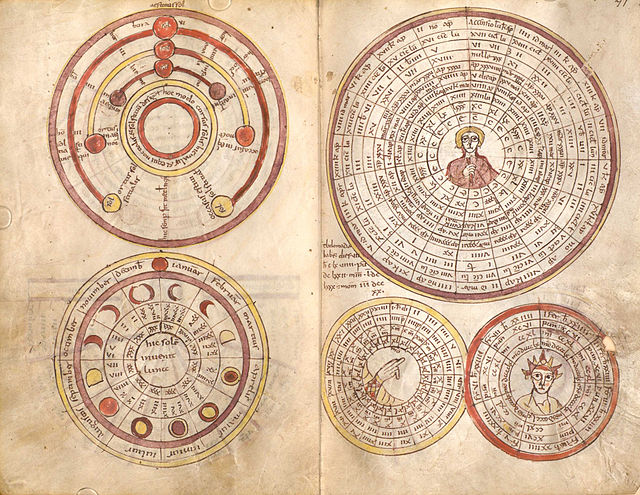



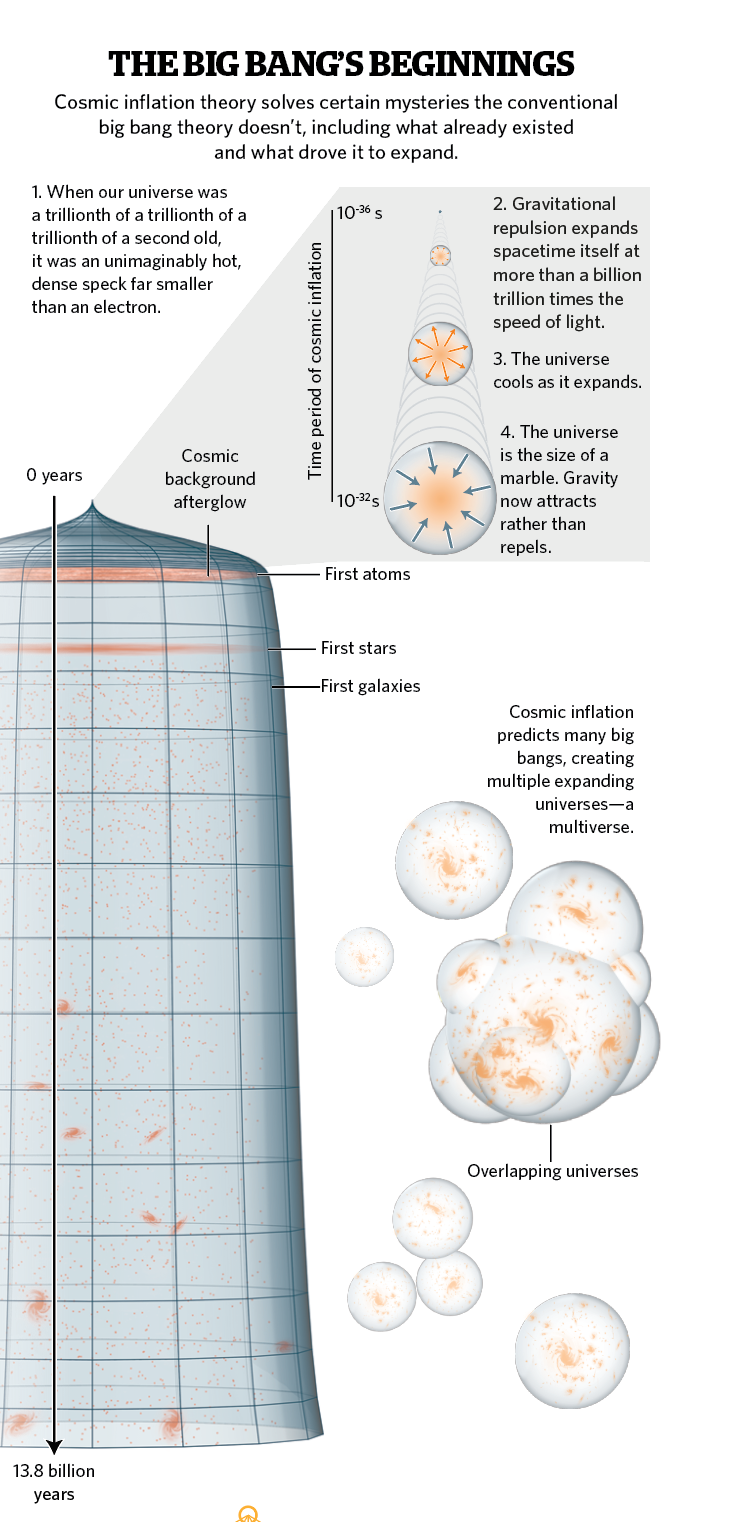

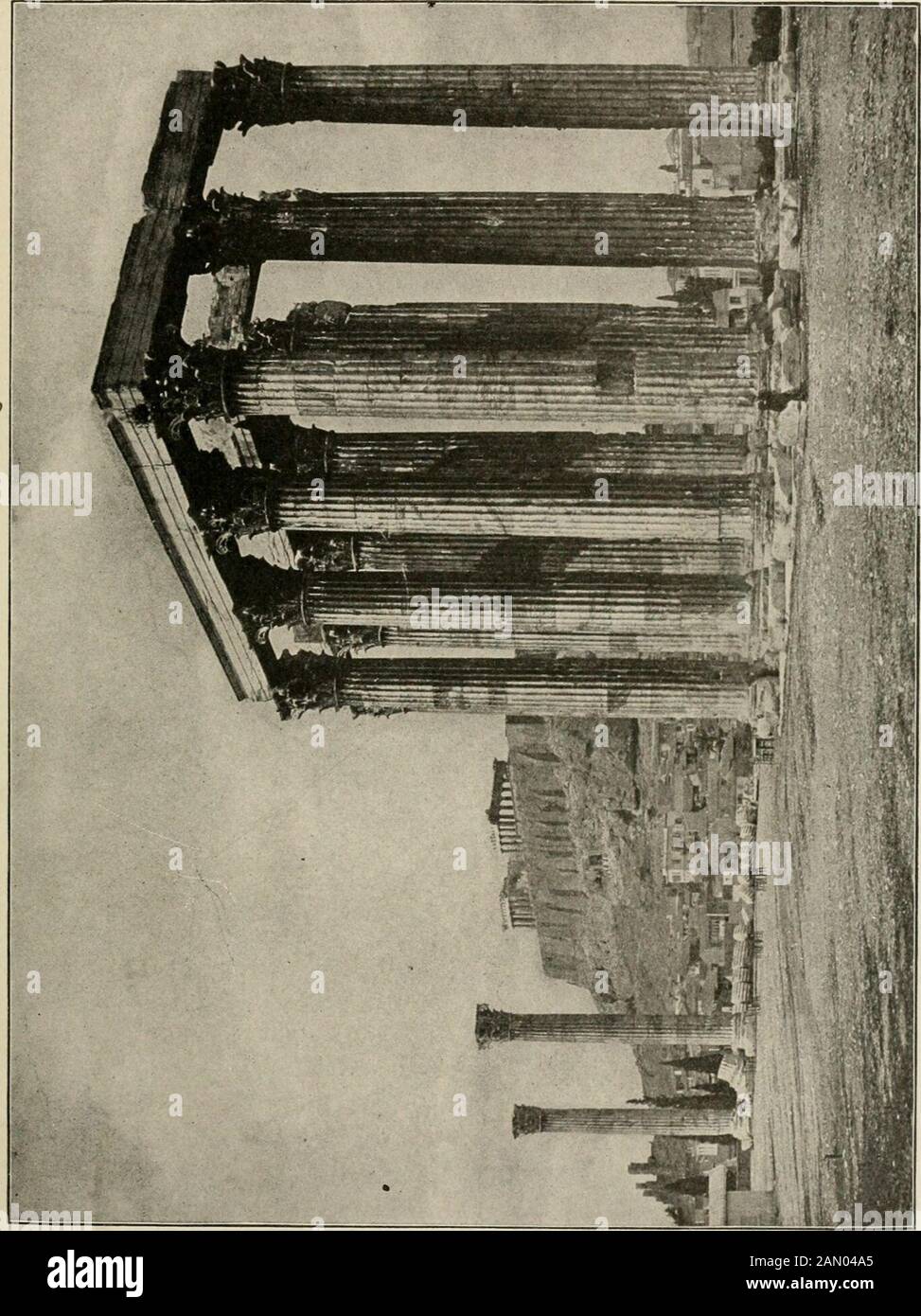




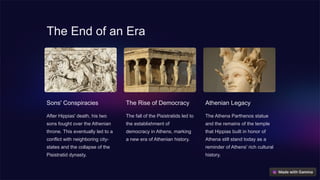



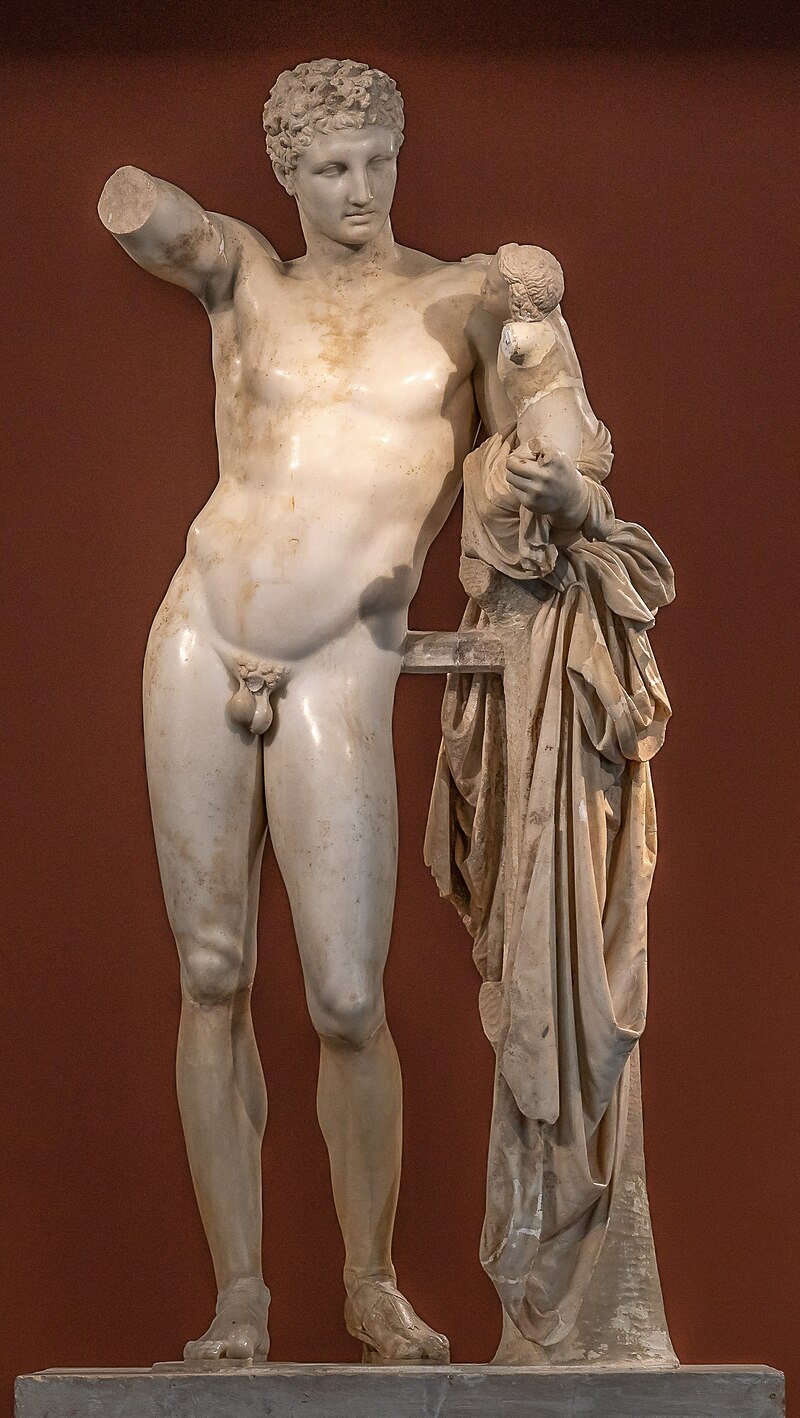
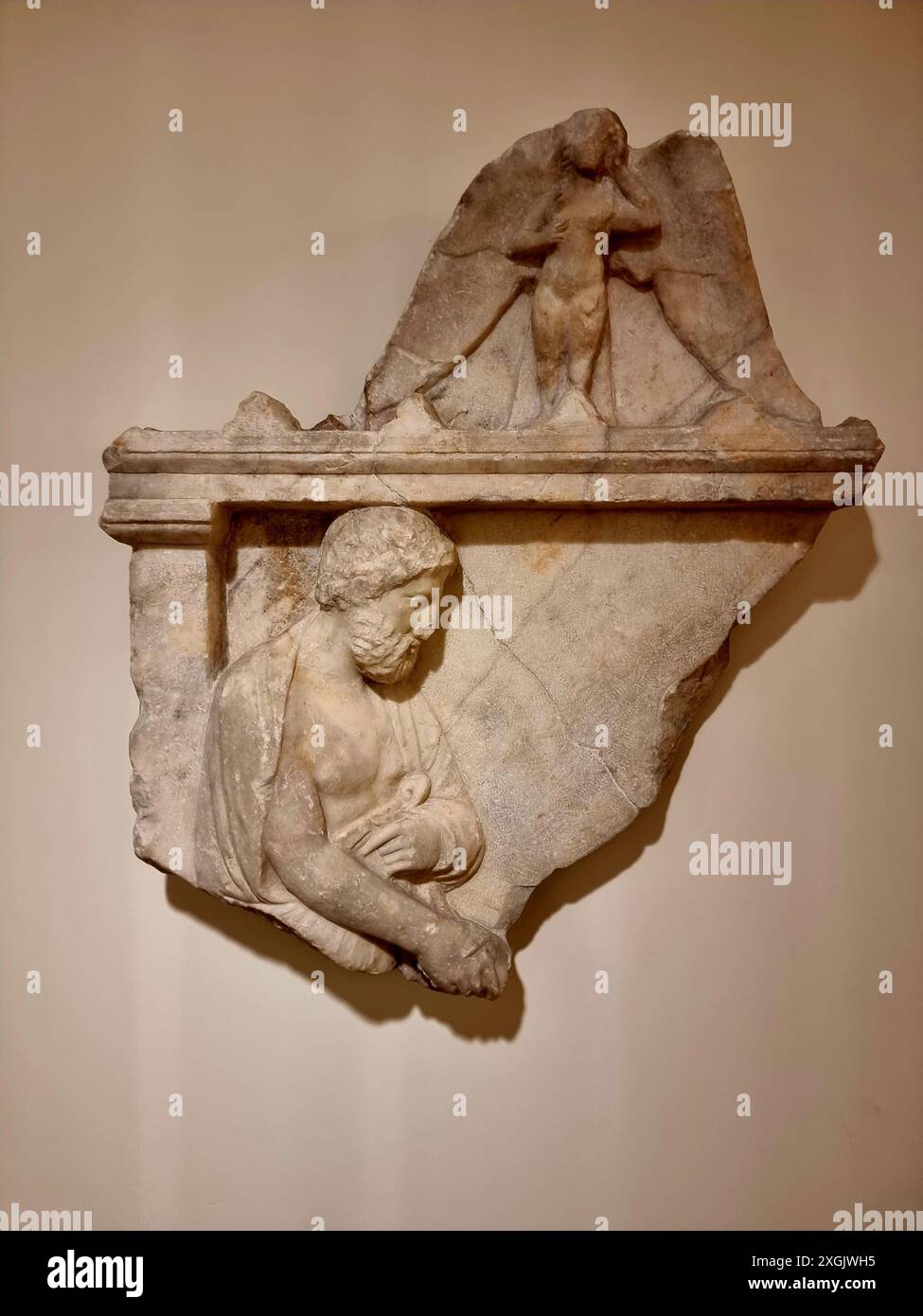


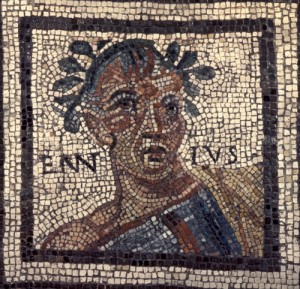



Comments